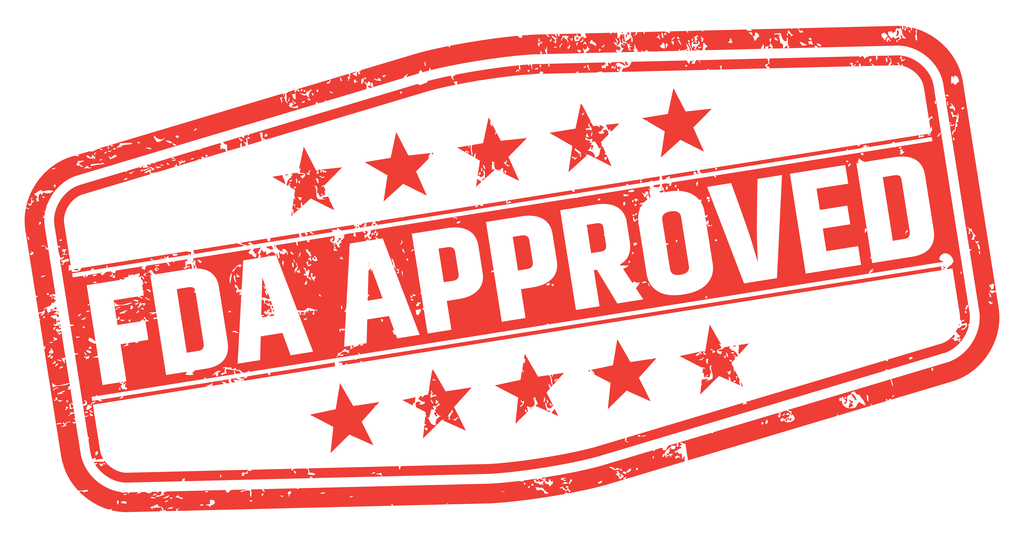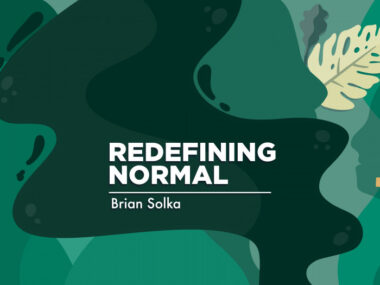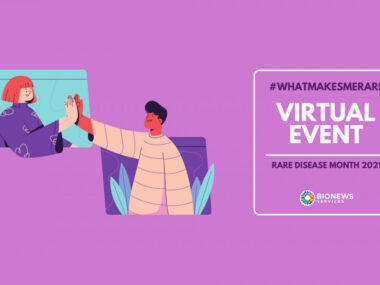FDA Approves Valtoco Nasal Spray for Treating Seizure Clusters
Written by |

The U.S. Food and Drug Administration (FDA) approved Neurelis’ Valtoco (diazepam nasal spray) as a rescue treatment for seizure clusters in people with epilepsy ages 6 and older.
“Cluster or acute repetitive seizures are challenging to treat and highly disruptive in the lives of people with epilepsy,” Craig Chambliss, Neurelis’ president and CEO, said in a press release. “We are excited that we can now offer this treatment option to patients and provide additional support to the epilepsy community.”
Valtoco is the first nasal spray to be approved as a rescue treatment for people with epilepsy.
Diastat (diazepam rectal gel) was previously the only approved out-of-hospital treatment for seizure clusters.
The company anticipates Valtoco will be available in mid-March in doses of 5 mg, 10 mg, 15 mg, and 20 mg.
The occurrence of many seizures in a cluster can lead to injury or to status epilepticus, a life-threatening condition in which a seizure lasts longer than five minutes, many seizures occur close together without recovery between them, or repeated seizures take place over a period of 30 minutes or more.
Since seizure clusters are common in people with Lennox-Gastaut syndrome (LGS), this ready-to-use, caregiver-administered nasal spray may improve the response to these seizure emergencies in LGS patients, wherever and whenever they occur.
The currently available treatment, diazepam, works by mimicking GABA — a signaling molecule that suppresses the activity of nerve cells — resulting in the suppression of excessive neuronal activity associated with seizures.
Valtoco combines the known anti-seizure effects of diazepam with Neurelis’ Intravail, a non-invasive therapy delivery and stabilization technology shown to increase intranasal absorption and reduce therapy variability. Neurelis owns Aegis, the company that originally developed Intravail.
Valtoco received FDA orphan drug designation in 2015 and fast track designation in 2017 for the treatment of seizure clusters. These designations speed the regulatory review process and provide financial benefits upon approval.
FDA approval of Valtoco was based on safety and efficacy data from preclinical studies, and clinical trials in healthy volunteers and patients with epilepsy.
Clinical studies in healthy adult volunteers showed that Valtoco had high bioavailability in the body, and that its pharmacokinetics profile (uptake, distribution, and elimination in the body) was two to four times less variable than that of diazepam rectal gel.
A 12-month, open-label, repeat-dose Phase 3 trial (NCT02721069) is being conducted to evaluate Valtoco’s safety in epilepsy patients ages 6 and older with frequent seizure clusters.
Valtoco was well tolerated and treated more than 2,000 seizures. The most common adverse events (at least 4%) associated with Valtoco were drowsiness, headache, and nasal discomfort.
“The FDA approval of diazepam nasal spray is a significant advancement for the epilepsy community,” said R. Edward Hogan, MD, director of the Washington University and Barnes-Jewish Epilepsy Center in St. Louis.
Most seizures requiring intervention “are treated in an inconvenient manner,” and “to be able to reliably treat seizure activity when and where it happens with a caregiver-administered option like Valtoco is a significant step forward,” he said.
“Having a seizure rescue treatment that is generally safe, reliable and ready to use is very empowering,” said Jacqueline A. French, MD, a professor of neurology at NYU Langone Health’s Comprehensive Epilepsy Center and Epilepsy Foundation chief medical and innovation officer. “We encourage all epilepsy patients to work with their doctors to make sure they have a seizure rescue treatment plan in place.”
Neurelis set up a patient service program called myNEURELIS (1-866-696-3873), which is designed to allow patients and care partners to personally select their desired support services.


